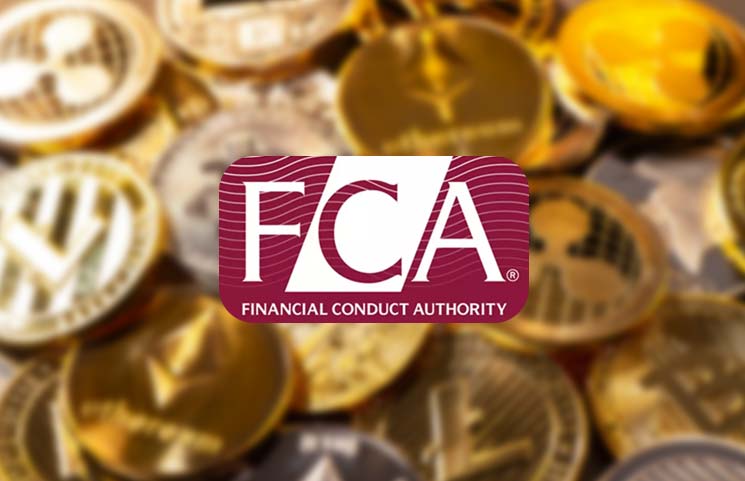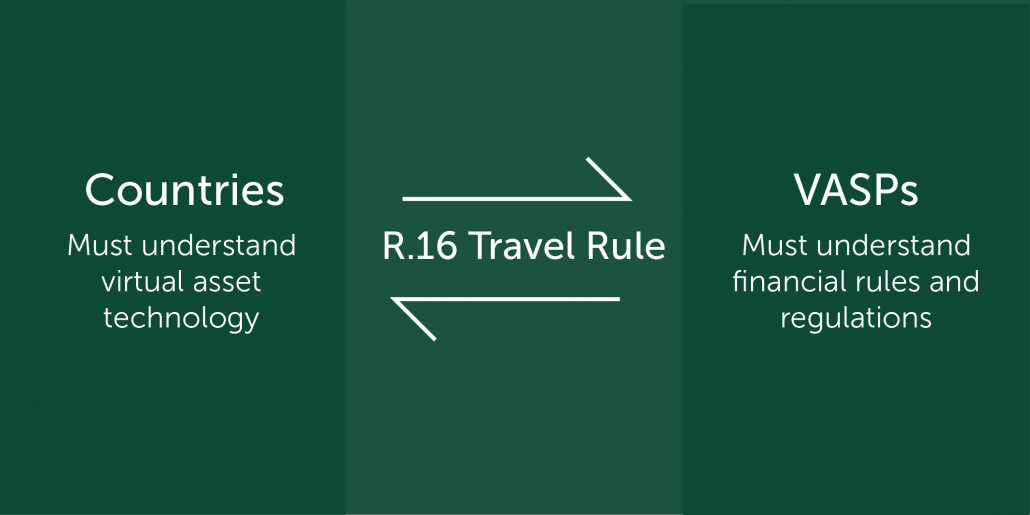Table of Contents
- Introduction
- What’s the reason for the FCA’s June 30th soft deadline?
- FCA’s 10 January 2021 registration deadline for VASPs
- What is required in the FCA’s Crypto registration application?
- 3 Reasons why January 10 is significant in UK crypto regulation
- How the FCA, FATF Travel Rule and AMLD5 work together
- How FCA registration builds on the UK’s 2018 and 2019 crypto regulations
- Conclusion
Introduction
The UK’s Financial Conduct Authority (FCA) has urged cryptoasset companies to send in their complete registration applications by 30 June 2020, so that it has enough time to review and register their businesses by 10 January 2021.
The United Kingdom’s top financial regulator for cryptocurrency published a stern reminder on its website on Monday 23 June. The registration requirement extends to both companies that currently offer or intend to offer cryptoasset-oriented operations and activities in the UK.
Companies that operate under its Financial Services and Market Acts of 2000 and have since pivoted to crypto activities must also reapply. The requirement was first announced in October 2019 and is mandated by the UK’s 2017 AML regulations.
What is the reason for the FCA’s June 30 application request?

The FCA says it needs a 6-month period to review and process crypto registration applications in full before the registration requirement becomes part of UK law after 10 January 2021. Therefore June 30th was the last day for existing businesses to secure a priority review.
The end-of-June soft deadline will now allow the FCA the time to examine the submitted applications thoroughly and ask follow-up questions to the virtual asset service providers and complete the process by the due date.
The FCA’s crypto registration deadline: 10 January 2021
Companies that fail to register successfully with the FCA in time in 2021 will have to stop operating in the UK, as they will not be compliant with its Money Laundering, Terrorist Financing and Transfer of Funds (Information on the Payer) Regulations 2017.
The FCA emphasized the importance of this watershed date in their statement:
“Any businesses that started carrying on business in the UK immediately before 10 January 2020 and are not registered by the FCA by the 10 January 2021 deadline will have to cease carrying on business.
Any new businesses which began operating after 10 January 2020 must be registered with the FCA before carrying out any business.”
What is required in the FCA registration application?
Applicants had to elaborate in full detail on how they will comply with AML regulations, providing information on a range of topics such as their company goals, governance models, staff, clients, projections.
Why January 10 is important for the FCA and UK crypto regulation

January 10 is a historical day for crypto regulation in the United Kingdom for the following 3 reasons.
On January 10, 2020:
- The FCA was appointed the UK’s AML/CFT financial regulator and supervisor of crypto-asset activity on 10 January 2020.
- Changes to the UK Government’s Money Laundering Regulations entered into force, updating the British country’s AML framework and policies to adopt the Financial Action Task Force (FATF)’s updated recommendations and to transpose the EU’s 5th Anti-Money Laundering Directive (AMLD5)
- The European Union’s AMLD5 reached its transposition deadline for members.
How the FCA, FATF Travel Rule and AMLD5 regulate UK crypto exchanges

The FCA will proactively monitor compliance with the new AML/CFT rules, acting swiftly if companies fail to meet the required standards.
The FCA will depend on the FATF Standards and EU’s AMLD5 as its underlying regulatory framework.
The FCA has already transposed AMLD5 into its regime but still needs to implement regulation to cover all of FATF requirements including the travel rule, which it stalled from doing fully in January 2020 citing that the market needed more time to develop solutions.
The FATF Travel Rule is a data-sharing requirement for virtual asset service providers (VASPs) with its roots in the United States’ Bank Secrecy Act.
An update to its Recommendation 16 on Wire Transfers, the Travel Rule was promulgated by the G20 watchdog in June 2019.
Member countries’ compliance efforts are currently being reviewed by the FATF Plenary and FATF-style regional bodies (FSRBs).
The FCA’s crypto regulations: 2018 to 2019

These regulatory changes on 10 January 2020 came after the FCA launched a ground-breaking regulatory sandbox for crypto startups in 2018, which allowed these new companies to test and work with regulators on their products and service offerings before starting operations.
In July 2019, the Financial Conduct Authority published its “Guidance on Cryptoassets” which clarified its regulatory stance on Bitcoin and other virtual assets such as digital tokens.
FCA appoints blockchain-friendly new CEO

Also on Monday 23 June, the FCA named Nikhil Rathi as its new Chief Executive Officer (CEO).
The former director of the London Stock Exchange (LSE) previously appeared quite bullish on the potential of distributed ledger technology (DLT).
Rathi stated last year that blockchain technology can be applied to enhance the efficiency of issuance and settlements in the LSE, the country’s top stock market.
Conclusion
The Financial Conduct Authority has been lauded in recent years by the digital asset industry for its crypto-friendly regulations and efforts to help nurture the development of crypto companies in a pragmatic yet progressive fashion. The chips are now in place for the FCA to begin the next phase of its regulation with a relatively clean slate on January 10, 2021.
Readers can learn more about the FCA’s current AML/CFT regime for crypto-asset regulation at this dedicated FCA page.


